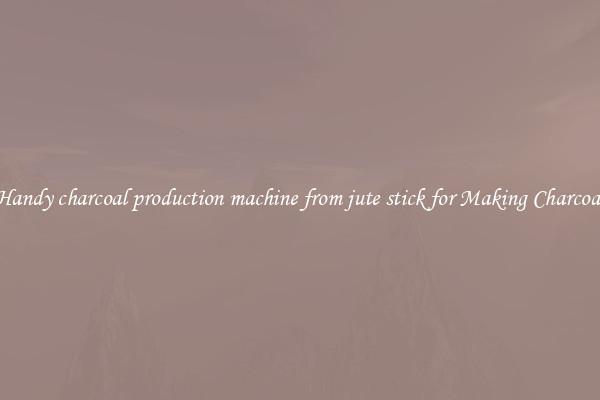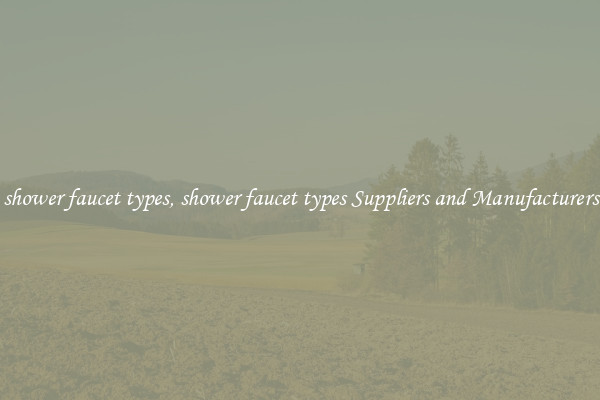Handy charcoal production machine from jute stick for Making Charcoal
Handy Charcoal Production Machine from Jute Stick: Making Charcoal with Efficiency

Charcoal is a widely used fuel for cooking and heating purposes. Its popularity stems from its long-lasting burn, affordability, and versatility. Traditionally, charcoal is produced from wood, but with increasing environmental concerns and deforestation, finding alternative sources is essential. One such innovative solution is the development of handy charcoal production machines from jute sticks.
Jute is a natural fiber obtained from the stem of the jute plant. It is commonly cultivated in South Asian countries and is primarily used for making fabrics and sacks. However, the use of jute sticks for charcoal production presents a sustainable and economical option. These machines utilize jute sticks that are typically considered waste after the fiber extraction process.
The handy charcoal production machine efficiently converts jute sticks into charcoal through a simple process. First, the jute sticks are collected and then shredded into smaller pieces by the machine. These shredded jute sticks are then fed into a carbonization chamber, where they undergo a controlled heating process in the absence of oxygen. This process, known as pyrolysis, converts the jute sticks into solid charcoal.
The efficient design of the machine ensures that the carbonization process is fast and optimizes the conversion of jute sticks into high-quality charcoal. This feature is crucial, especially in areas where charcoal is in high demand but insufficient supply. Moreover, the machine emits negligible amounts of harmful gases during the carbonization process, making it environmentally friendly.
The charcoal produced from jute sticks holds several advantages compared to traditional wood-based charcoal. First, jute stick charcoal has a higher density, which means it burns longer and provides a more consistent heat output. This quality makes it suitable for both cooking and heating purposes.
Second, jute stick charcoal has a lower smoke emission compared to wood charcoal. The reduced smoke and odor make it a healthier option for indoor cooking, reducing the risk of respiratory issues and air pollution. This is particularly beneficial in densely populated areas, where smoke from traditional charcoal can contribute to pollution-related health problems.
Furthermore, the use of jute sticks for charcoal production helps to reduce waste and contribute to the sustainability of the jute industry. By utilizing jute sticks that would otherwise be discarded, this innovative approach supports a circular economy and promotes resource efficiency.
In conclusion, the handy charcoal production machine from jute sticks offers an efficient and environmentally friendly solution for charcoal production. Its ability to convert jute sticks into high-quality charcoal addresses the increasing demand for sustainable fuel sources. By utilizing waste materials and reducing harmful emissions, this technology contributes to a greener and healthier future.

View details

View details

View details

View details








